How to See the Liberty Bell...in Queens
A copy of the famous American bell can be found inside a bank, which itself is modeled after Independence Hall!


The remains of America’s first and largest privately-owned zoo – the Old Game Farm are situated in the Catskill Region about two and a half hours from New York City, off State Route 32. Once housing over 2,000 animals and entertaining nearly half a million visitors each season, the zoo became a popular destination for families throughout New York, New Jersey, Pennsylvania, and Connecticut. Due to financial difficulties, years of legal regulations, and dropping attendance The Catskill Game Farm closed its doors in 2006 with its infrastructure and many animal enclosures still intact.
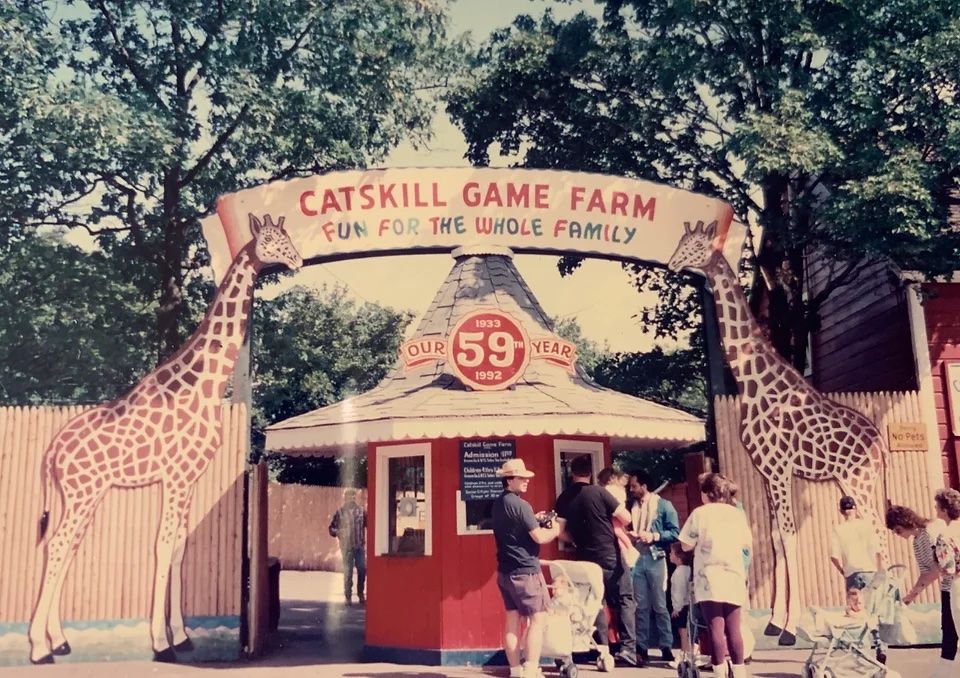
The Catskill Game Farm was founded in 1933 as the hobby of German immigrant and New York banker Roland Lindemann. By the 1940s, the Catskill Region of New York was a booming population destination with hotels and resorts drawing in clientele from New York City and the surrounding tri-state area. Opening with immediate success, Lindemann’s zoo grew from a single enclosure of a private collection with a small variety of deer to a 1,000-acre farm that housed bison, buffalo, yaks, llamas, alpacas, camels, antelopes, mountain lions, goats, and several exotic varieties of deer.
One of the main attractions of the farm was a 50-acre feeding area and animal nursery where families could interact freely with a variety of deer, goats, and llamas and feed them crackers or milk from bottles. Zoo advertising boasted, “over 100 tame animals bottle raised, for you to pet and feed. You walk right in with them!”
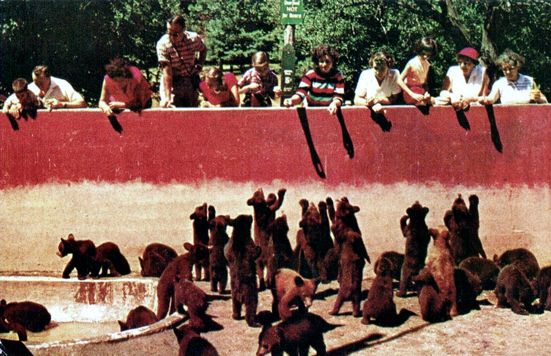
Aside from the tourism aspect of the Catskill Game Farm, zoo efforts were focused on the preservation of endangered species, such as the American bison, whose population had dwindled to only two herds. Roland Lindemann traveled worldwide to acquire rare new species. Lindemann said once in an interview, “The Catskill Game Farm now has over 3,000 rare animals and birds and it is believed to be the fastest-growing wildlife collection in America.” In 1958, Lindemann’s Game Farm was the first private zoo to be officially recognized with that distinction by the Department of Agriculture.
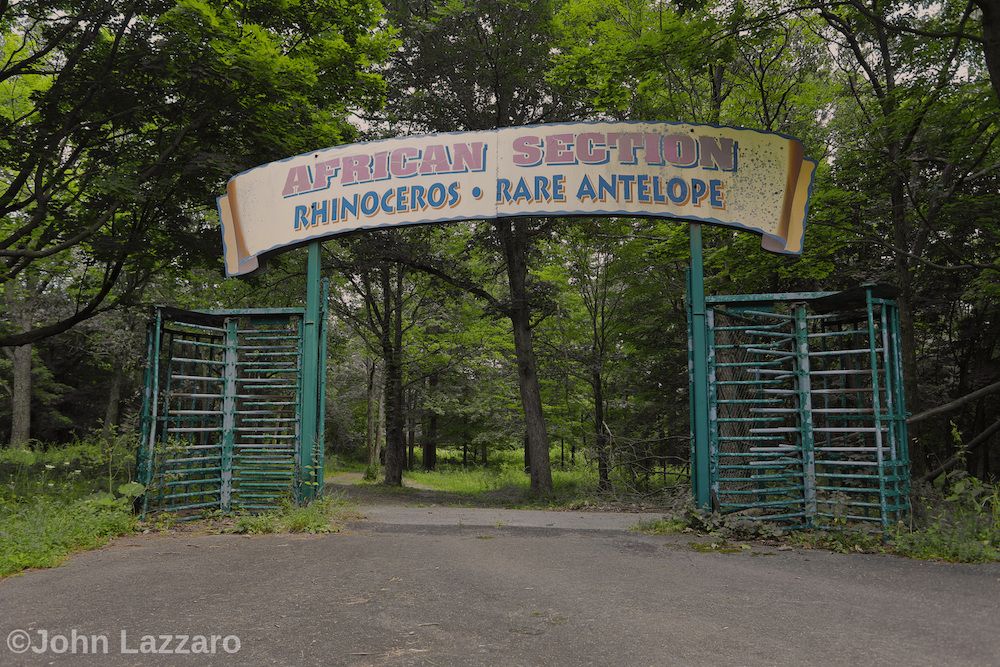
Once airfare became affordable in the 1970s and 1980s, interest in the Catskill Region as a vacation destination started to wane. Then in 1989, Lindemann sold the zoo to his daughter Kathie Schultz and her husband Jurgen. This was when things took a downturn for the zoo. Just two years after the sale, the San Diego Zoo alleged in a newspaper article that the zoo was selling its animals to be used in canned hunts. A canned hunt is a trophy hunt where animals are kept in an expansive enclosure making it easier for a hunter to attain a kill. Over the years, canned hunts have drawn criticism from animal rights groups because animals are sometimes drugged and have little chance to escape. The San Deigo Zoo suspended trade with the Game Farm pending an investigation of the allegations. Later on, the San Francisco Zoo and the Toronto Zoo ceased business dealings with the Catskill Game Farm after it was discovered that the zoo was selling animals to a canned hunt operation in Texas.
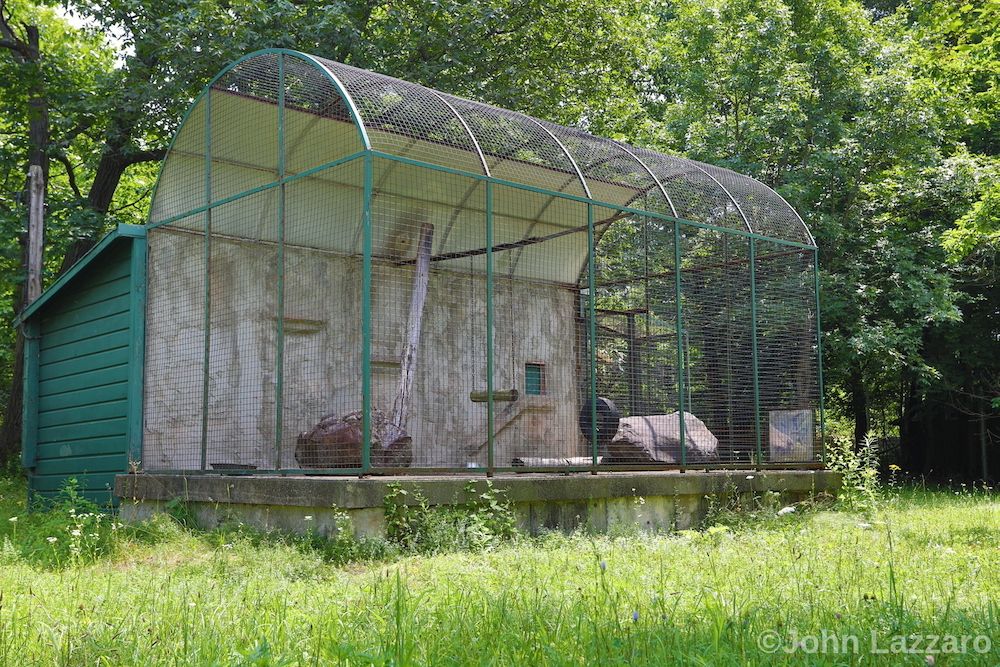
The controversy didn’t end there. In the later years of the Game Farm’s operation, animal advocates complained that the zoo was running low on funds causing many of the attractions and shelters to fall into a state of disrepair. On many occasions, Schultz received citations from federal inspectors for significant injury hazards and failure to provide aid to an injured elephant. The zoo also received several citations during annual USDA inspections in 2004 and 2005 which included excess accumulation of manure, poor water drainage, and spoiled food. Then in 2006, the New York Times reported that the Texas Animal Health Commission inspection records showed the transfer of 150 animals such as zebra, deer, and bison from the Catskill Game Farm to Texas between 2001 and 2004. Only five camels and two zebras were later shipped out. What happened to the rest of the animals is unknown.
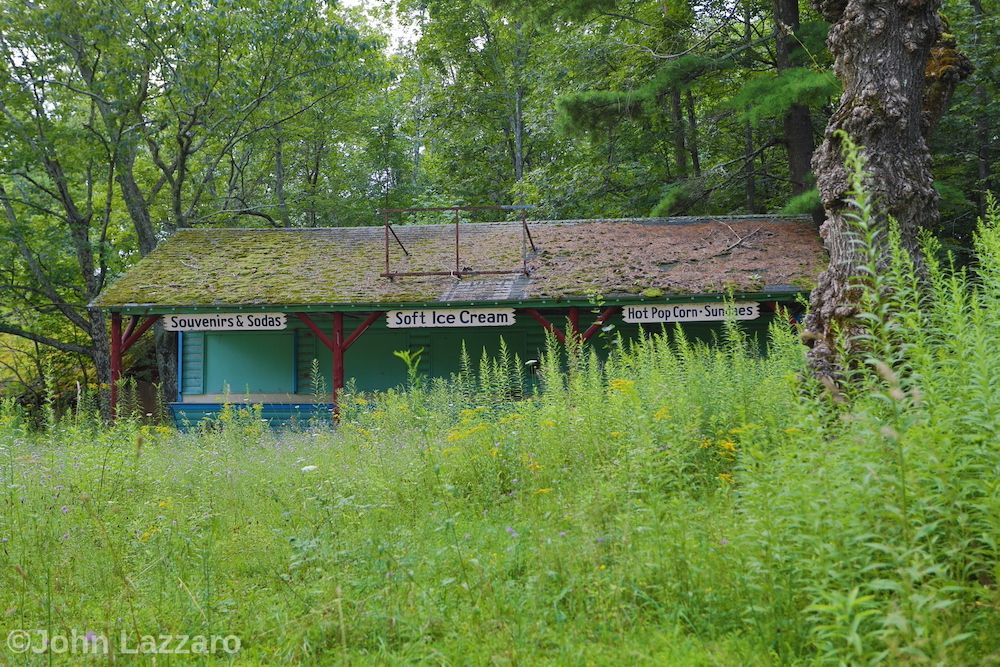
The Catskill Game Farm closed on Columbus Day 2006 after 73 years of operation. “After years of mounting financial difficulties, dropping attendance, and legal regulations…nobody is sorrier than I am to have to close it,” said Kathie Schultz. The property was purchased by Ben and Cathy Ballone in 2012. Together they started renovation work to turn parts of the Game Farm into an AirBnB Inn and a campsite. If you are interested in renting a room or a campsite, you can check availabilities here.
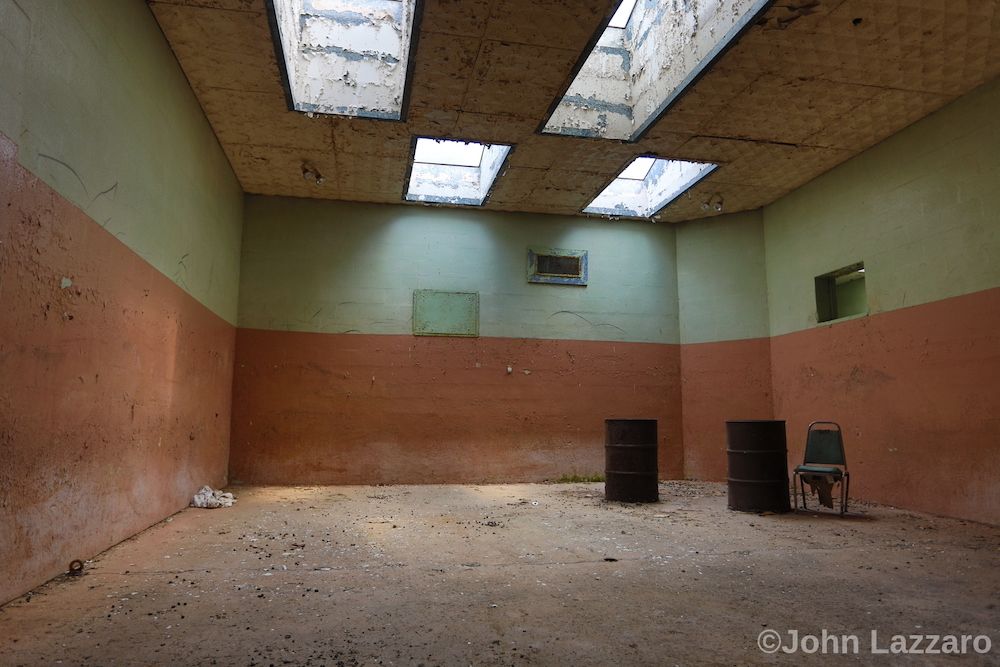
Learn more about this location and other abandoned sites in the Catskills Region in our virtual talk with the author, John Lazzarro, available in our Insiders on-demand archive.
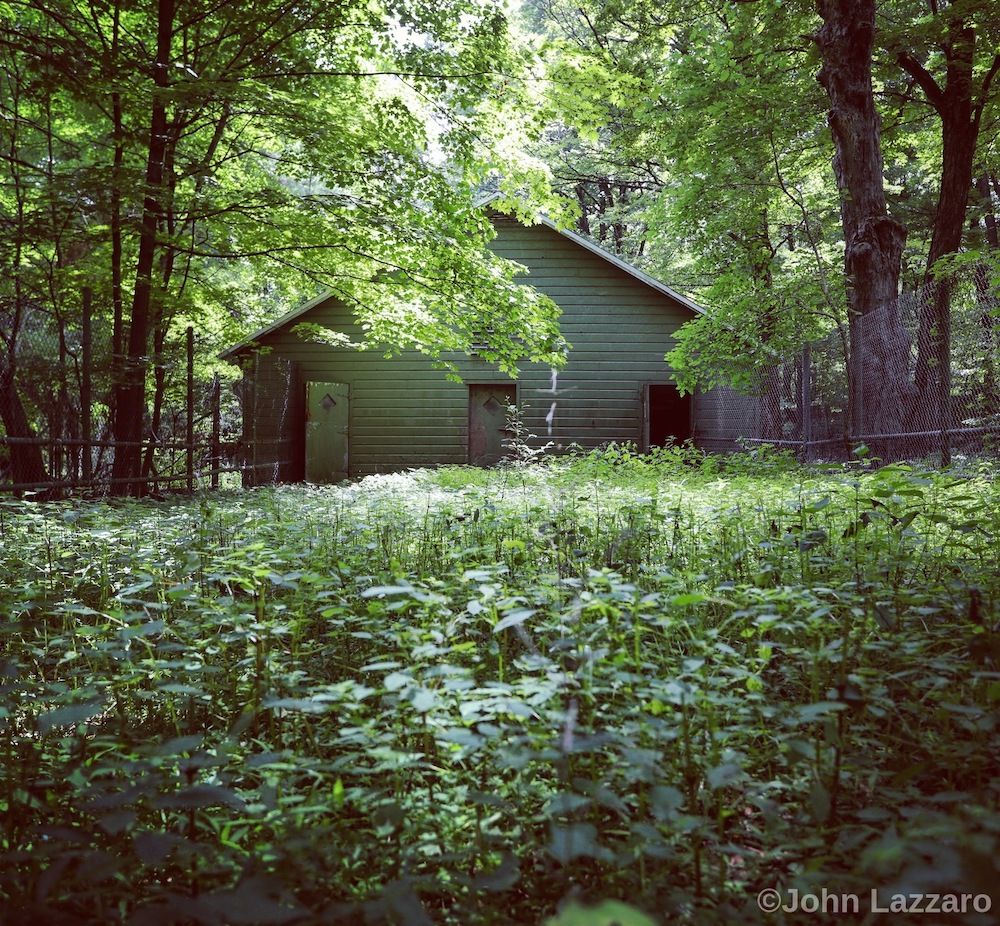
Next, check out 10 Secrets of the Bronx Zoo and 10 Abandoned Resorts of the Borsch Belt in NY’s Catskills Region
Subscribe to our newsletter